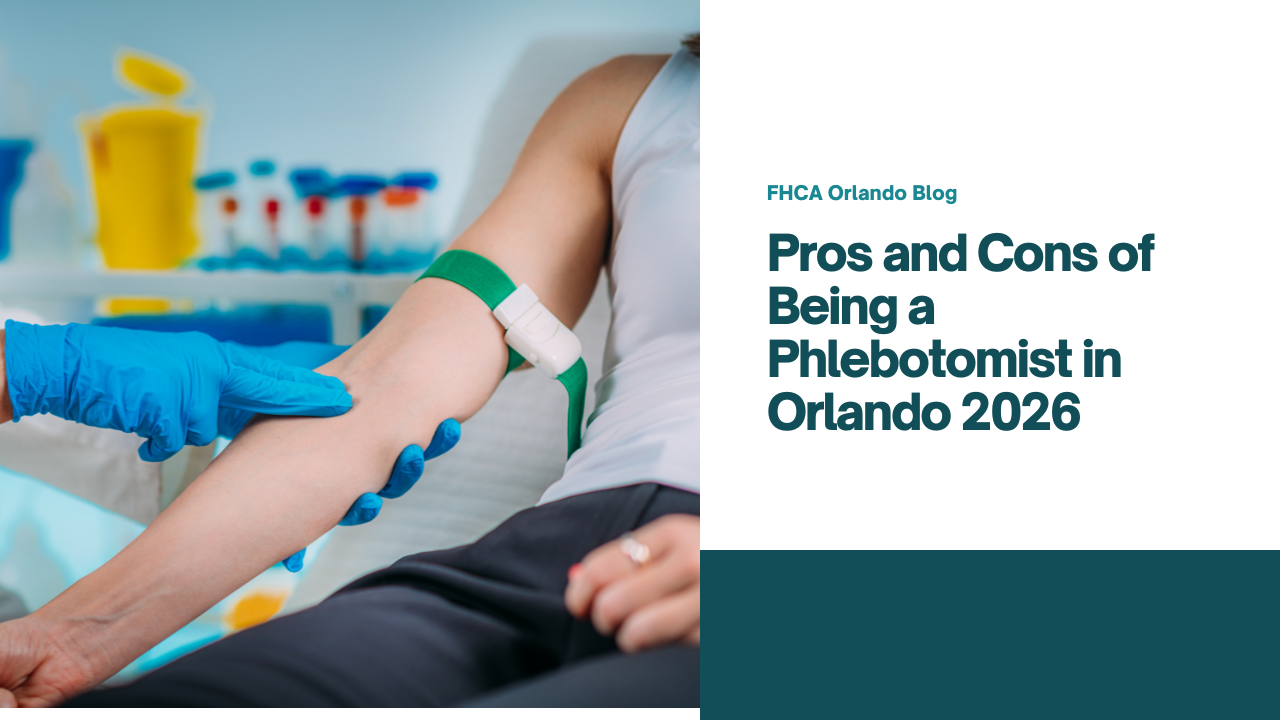Technical Nurse Functions
Apr 14, 2020
Table of Contents
- What is a technical nurse?
- What are the functions of a technical nurse?
- What tasks does the technical nurse perform?
- How to become a technical nurse
- Technical nurse functions FAQs
What is a technical nurse?
A technical nurse is a healthcare professional who has completed specialized training and education in the nursing field. They possess advanced knowledge and skills in providing medical care and assistance to patients under the supervision of registered nurses or physicians. Technical nurses are responsible for various tasks such as administering medications, monitoring vital signs, assisting with medical procedures, and providing basic patient care.
What are the functions of a technical nurse?
Technical nursing personnel holds a technical degree from a higher education institute. This means that a technical nurse has basic training to perform certain patient care tasks such as hygiene, occupational therapy, accident prevention, and emergency care but does not have the complete training that a professional nurse or nurse could have.
What tasks does the technical nurse perform?
Technical nurses are trained to carry out some care for the elderly or sick, such as administering medication, healing wounds or applying bandages, daily cleaning of patients, taking blood pressure, nutritional advice, postural changes, accompaniment of patients on medical outings and walks, support in recreational-training activities, etc. The important thing is that the tasks are specified in the contract to avoid any misunderstanding.
These skills make them valuable assets in a variety of healthcare settings, including hospitals, nursing homes, rehabilitation centers, and other facilities where CNAs can work. The important thing is that the tasks are specified in the contract to avoid any misunderstanding.
Control of vital functions
It is a routine activity that is performed to verify and record that the patient has stability in his regular functions, such as:
- Heart rate
- Blood pressure.
- Breathing frequency.
- And any other control procedure in case the patient has the respective instruments.
In case of alteration, they must be communicated to the supervisor, attending physician, or relative to provide the corresponding care.
Ensure compliance with the treatment
The nurse technician is responsible for administering the drugs orally, managing the nasogastric and bladder tubes, and placing creams, drops, and simple wound healing.
The responsible family member will provide the necessary requirements for their administration. If the patient is not prostrate, the nurse technician will prepare a care plan to support the patient's rehabilitation professional, such as respiratory exercises, body massages, lymphatic drainage, walks to the park, etc.
Food and body waste disposal
One of the key tasks of the technical nurse is to supervise the nutrition and food preparation of the patient to administer a balanced diet in liquid, fiber, protein, fat, and carbohydrates according to the medical prescription.
Likewise, it must carry out a water balance to keep an eye on income and expenses, ensure the adequate elimination of liquid and solid waste through the digestive and urinary tracts, and their hygiene. In addition, you must have an informed record of the parameters.
Toilet and personal hygiene
The technical nurse will be vigilant of the integral hygienic care of the patient, serving as support to prevent falls. The nursing technique will maintain the basic hygiene care of the patient such as brushing teeth, showering or sponge bath, nail care (if not diabetic), shaving if necessary, hair washing, keeping the skin clean and hydrated and free of injuries, prevention of bedsores also keep in order and monitoring the hygiene of the patient's room and bathroom.
Postural changes in prostrate patients
To prevent bedsores and injuries, the bedridden patient should be mobilized every two to three hours, according to his needs. Similarly, body massages should be provided to improve blood circulation, as well as basic respiratory therapies to avoid the accumulation of secretions.
Personal attention to the patient
One of the nurse's inconspicuous tasks is to continue giving the patient humane and dignified treatment. The relationship must be professional and respectful but with closeness, respect, and warmth from all sides.
Furthermore, given the nature of the work, it must be carried out in person, and any absence or delay must be notified in advance to generate a solution.
Finally, it is noteworthy that technical nurses are not obliged to carry out household chores in the patient's home. They should only perform the duties related to their nearby space, such as making a bed and keeping order in the area where the patient is. Neither the washing nor ironing of clothes, but the care of the hygiene implements of the patient.
In 12-hour or 24-hour shifts, the client agrees to provide food without this implying a lower payment for the day. In addition, the client must provide the technical nurse with a suitable place to monitor his patient at night, inadequate conditions (an armchair, a comfortable chair, and a coat for cold nights).
How to become a technical nurse
-
Choose an Accredited Practical Nursing Program: Look for accredited practical nursing programs offered by vocational schools, community colleges, or nursing schools. Ensure the program is recognized by the nursing board or regulatory body in your area.
-
Complete Practical Nursing Education: Enroll in and successfully complete a practical nursing program. These programs typically last around 12-18 months, combining classroom instruction with clinical rotations. The coursework covers subjects such as anatomy, physiology, pharmacology, nursing fundamentals, and patient care.
-
Clinical Rotations: Gain hands-on experience through clinical rotations in various healthcare settings. These rotations allow you to apply theoretical knowledge in real-world patient care scenarios, under the supervision of experienced nurses.
-
Obtain CPR Certification: Acquire certification in cardiopulmonary resuscitation (CPR) and basic life support (BLS). This certification is often required for practical nursing licensure and ensures you have the necessary skills to respond to emergencies.
-
Pass the NCLEX-PN Exam: Upon completing the practical nursing program, you must pass the National Council Licensure Examination for Practical Nurses (NCLEX-PN). This standardized exam assesses your knowledge and competency as an entry-level practical nurse.
-
Apply for Licensure: Once you pass the NCLEX-PN exam, submit an application for practical nursing licensure to the nursing board or regulatory body in your jurisdiction. Provide the necessary documentation, including official transcripts, exam results, and any required fees.
It is essential to note that the specific steps and requirements for becoming a licensed practical nurse may vary depending on your jurisdiction. Therefore, it is advisable to consult the nursing board or regulatory body in your area for accurate and up-to-date information.









